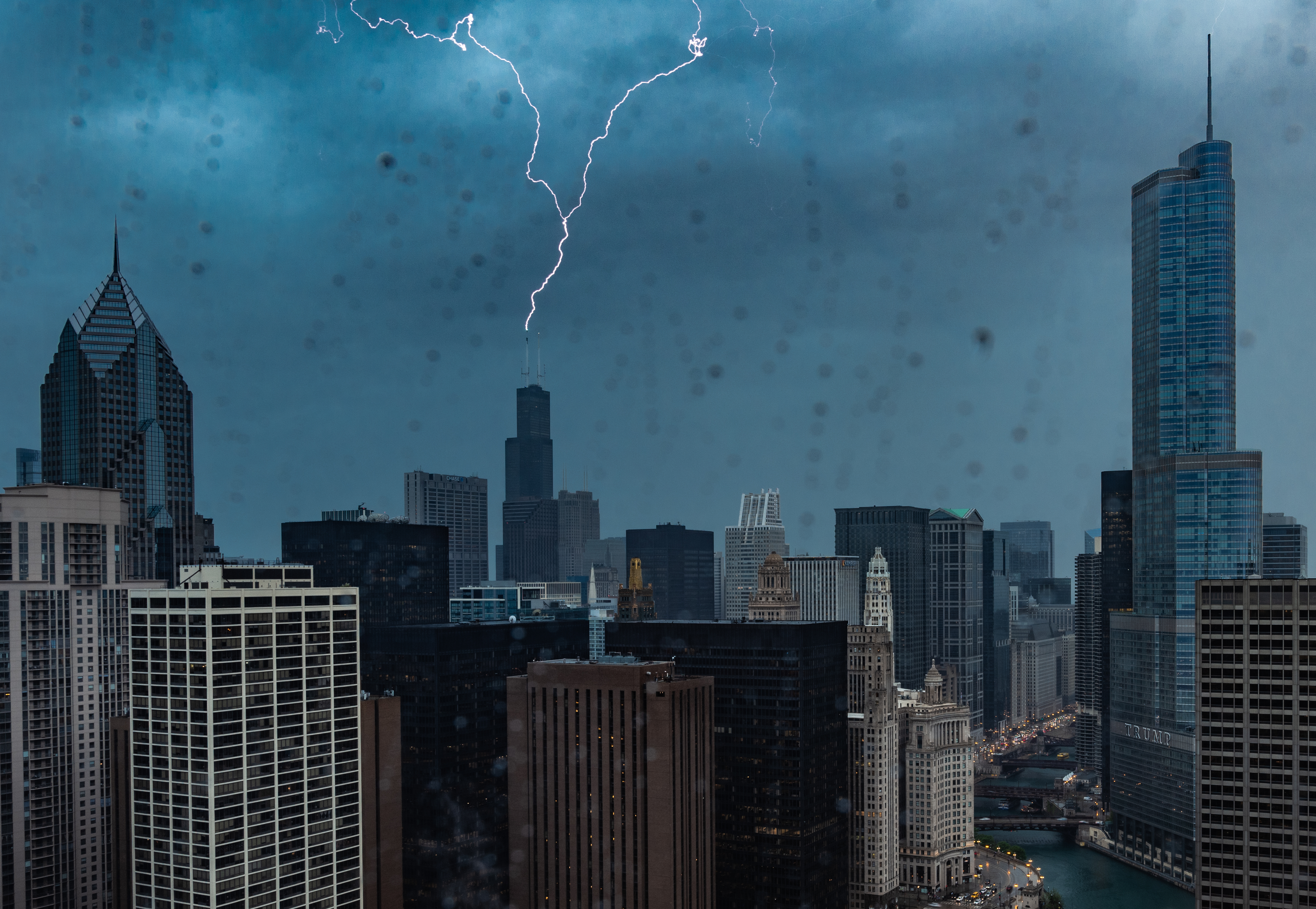In Jonathan Alter’s new book on the Obama Administration, The Center Holds: Obama and His Enemies, he muses about the president’s distrust of the press, exemplified by the Justice Department’s reading the e-mail and tracking the cell phone calls of Fox News reporter James Rosen, who allegedly obtained classified information about North Korea’s nuclear program.
Writes Alter, a Chicago native:
What is it about Obama that he so disdains us? Presidents always hate leaks. Ronald Reagan said “I’ve had it up to my keister with these leaks.” But they usually don’t act on it. Even if Obama didn’t personally sign off, people always sense by osmosis what leaders are thinking and go in that direction. His people know that leaks offend his sense of discipline and that he likes to protect his right flank by being tough on national security.
Kennedy had been a reporter, but Obama is not friendly with the press. And he has contempt for people who don’t do their jobs, and, when you talk to the press out of school, you’re not doing your job.
Local
It wasn’t always so. When Obama was an obscure state senator, eager to move up to Washington, he was the most media-conscious politician I’d ever met. I covered his congressional race against Bobby Rush for the Chicago Reader. Whenever I showed up at a campaign event, Obama always made a point of walking across the room, touching my arm, and asking “How are you doing?” in a manner that came off as collegial, rather than desperate for publicity. Politicians rarely pursue reporters. Most have to be chased across the room or approached as if they are living altars. Obama tried to bond with the press. When it mattered, the press would return the compliment.
Obama didn’t make the dailies often during his early years in the Senate. He wasn’t in the leadership, so he was never involved in budget negotiations, which is always the biggest story out of Springfield. If Barack Obama and Emil Jones walked out of a room together, reporters were going to ignore Obama and surround Jones. Occasionally, he was mentioned in a story on page 5 of the metro section about a bill to crack down on payday loan operations. Like any ambitious politician, though, he cultivated the media. There was an affinity between Obama and journalists. He was a published author, so he had a literary sensibility, and knew the toil that went into writing. Obama also shared the press corps’ political outlook: he was a liberal reformer who believed in open government. His bill to post campaign contributions on the Internet was a boon to investigative journalism in Illinois. Beyond that, he was articulate, quotable, and accessible, willing to leave the Senate floor to talk to a reporter waiting by the Rail, the journalists’ and lobbyists’ nickname for the third-floor rotunda.
The journalist who covered Obama most closely was Todd Spivak, a 25-year-old cub reporter for the Hyde Park Herald. As the neighborhood senator, Obama was Spivak’s beat, and Spivak usually made a story out of the press releases politicians faxed into their local papers. “Currie and Obama bills seek to clean up courts.” “Senator Obama helps defeat a canceled firearm bill.” Or simply, “Obama bill passes Senate.”
Spivak also covered City Hall, where he was used to encountering evasive, antagonistic aldermen. Obama was the complete opposite. He gave Spivak his cell phone number and always returned phone calls the same day, even if it was late in the evening. Whenever Spivak tried to call Obama “senator” or “sir,” he’d hear, “Please, call me Barack.” Most politicians become curt or hostile when asked about campaign contributions. They take the questions as affronts to their integrity. Not Obama. It was his style to bemoan the seamier aspects of Chicago politics, while at the same time benefiting them, so he would complain to Spivak that raising money was a necessary evil, but yes, he’d held a fundraiser, and yes, developers were there, but no, they hadn’t gotten anything from him in return. Even worse, Obama was usually right. Spivak was used to writing about hinky South Side pols, but he couldn’t dig up any dirt on Obama. Although one of the few times he tried, by crashing an Obama fundraiser at Allison Davis’s house, he was thrown out by the host.
Obama’s openness and graciousness threw Spivak off his game. Spivak did plenty of interviews with University of Chicago scholars, but he thought Obama was the most brilliant guy he’d ever met. Whenever he dialed Obama’s number, his palms sweated and he felt a nervous flutter.
As a low-status senator, Obama took whatever media attention he could get. He was a frequent guest on “Public Affairs,” a one-on-one talk show that aired on public television stations around the state.
Now, of course, Obama has gotten everything he needs from the news media. He’s president, and he’ll never have to run in another election. More than many politicians, Obama is there when he needs you, gone when he doesn’t. Bill Clinton often had to be pried off White House visitors. (Literally, in the case of Monica Lewinsky.) But as Alter also writes, Obama’s attitude toward photo ops is, “I’ll flash a smile, then, please, someone get me the hell out of here. It wasn’t that he had to be back in the Oval Office for something urgent. He just didn’t want to hang out for an instant longer than he had to, even with long-lost Chicago friends.”
Barry, we never knew ye.



